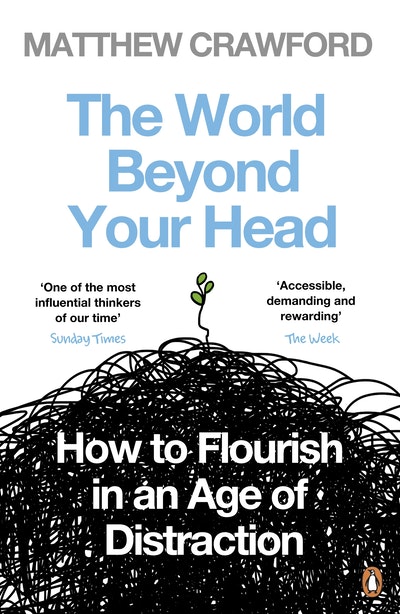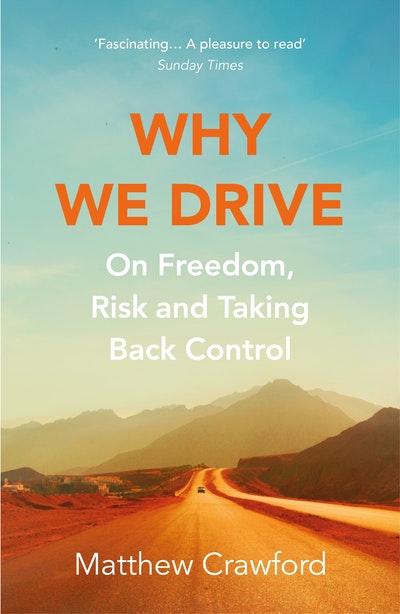- Published: 29 February 2016
- ISBN: 9780241959442
- Imprint: Penguin General UK
- Format: Paperback
- Pages: 320
- RRP: $32.00
The World Beyond Your Head
How to Flourish in an Age of Distraction
- Published: 29 February 2016
- ISBN: 9780241959442
- Imprint: Penguin General UK
- Format: Paperback
- Pages: 320
- RRP: $32.00
Absolutely superb: elegant, surprising, hard-hitting and very important
Guy Claxton, author of 'Hare Brain, Tortoise Mind'
Both impassioned and profound
Washington Post
Very entertaining . . . [with] many interesting insights
The Times
Crawford makes the crucial point that this is a political problem. The creators of smartphones, social networks designed to hook us, the firms buying ads on escalator handrails and media organizations desperate for your clicks and shares are all helping themselves to something that's ours - the limited resource of our attention - to try to turn a profit
Oliver Burkeman, Guardian
There are now many books reminding us to pay attention but Crawford also reminds us of how we lost attention in the first place - and putting the problem in its historical context makes the case more compelling
Michael Foley, author of 'The Age of Absurdity'




